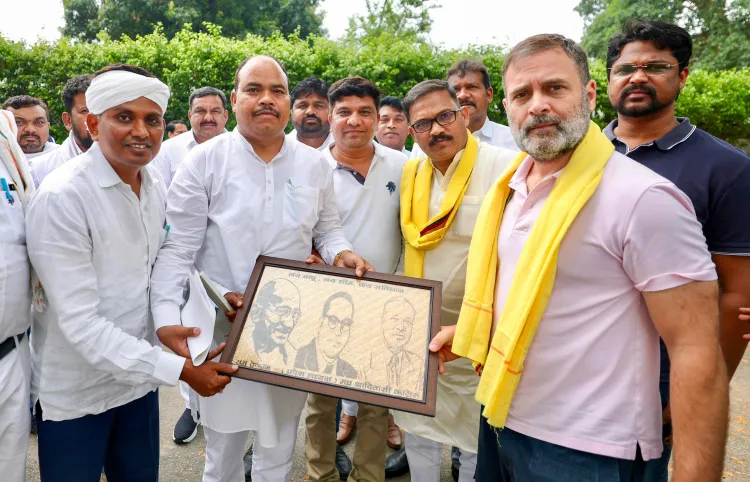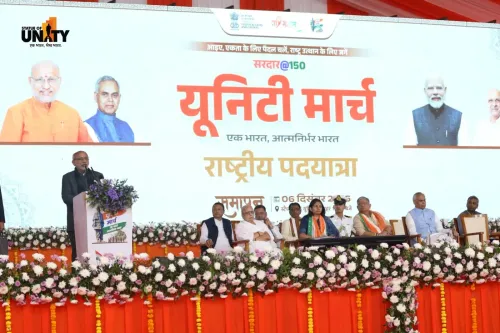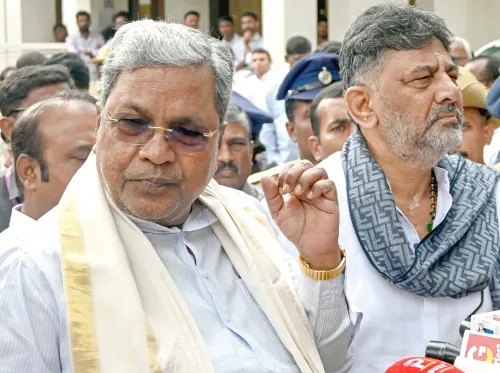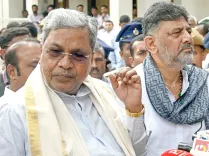How is Congress Revamping Leadership to Support Tribal Communities?

Synopsis
Key Takeaways
- Empowerment of tribal leaders is a key focus for the Congress party.
- Local governance decisions will be prioritized over central authority.
- Financial support will be provided to facilitate district leadership roles.
- Digitalization has created challenges for tribal land ownership.
- A tribal legal council is proposed to represent land rights in court.
New Delhi, June 27 (NationPress) The Congress party released a video featuring Rahul Gandhi, the Leader of the Opposition (LoP), emphasizing his initiative to cultivate tribal leaders and assist their communities in combating social injustices and land dispossession linked to digitalization.
The six-minute clip showcases LoP Rahul Gandhi expressing the party's commitment to stand in solidarity with tribal populations and the Congress’ determination to advocate for their rights.
“My goal is to foster tribal leaders within our party. We are encouraging proactive leaders who are genuinely committed to serving their communities to step forward and assume roles as district heads, alongside individuals from other groups such as Dalits, OBCs, and more,” stated LoP Gandhi.
“We have initiated a project in Gujarat where we appointed 41 district heads, and we expect the situation to improve as their collective and empowered voices grow stronger,” he remarked.
“Nationwide, we are set to empower district presidents to act as nodal officers, manage party operations, uphold Congress ideology, and attract new members,” he added, mentioning that financial assistance would be provided to district leaders.
LoP Gandhi stressed that decisions should be made in districts like Ahmedabad and Banaskantha, rather than in Delhi.
“Although it will take time, our aim is to develop 10-15 tribal leaders in each district. We seek leaders who can connect with people on the ground and provide solutions to their challenges,” the Congress MP explained.
Rahul Gandhi also addressed the issues faced by tribal communities following the digitalization of land records and their subsequent loss of ownership.
One suggestion put forward was the establishment of a tribal legal council to advocate for land ownership rights in court.
Additionally, the absence of forest rights committees under the Scheduled Tribes and Other Traditional Forest Dwellers (Recognition of Forest Rights) Act, 2006 was raised by one tribal leader during the discussion.










